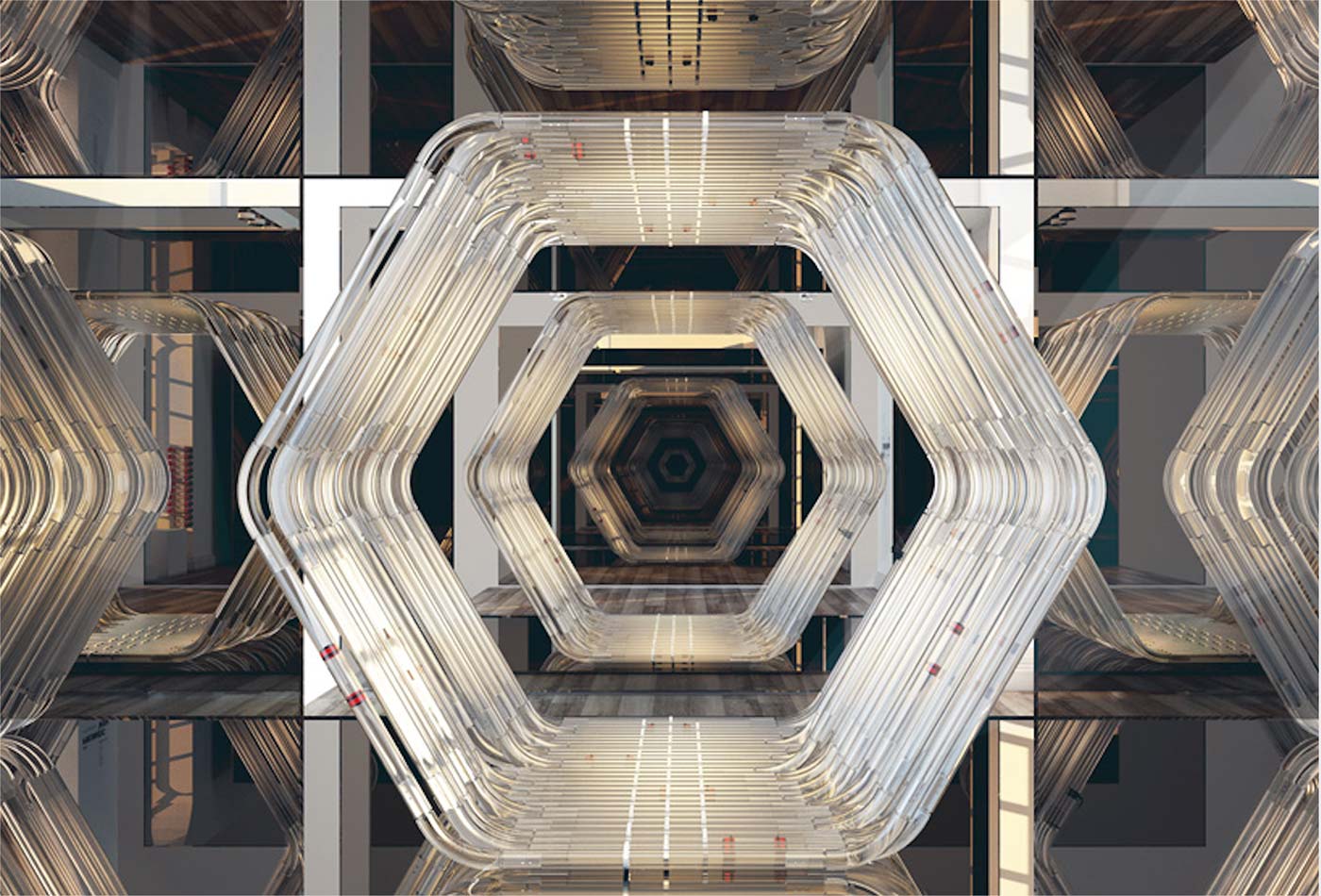Turkey’s contribution to the first ever London Design Biennial was on view at Somerset house from 7 to 27 September 2016. The inaugural London Design Biennale featured projects from over thirty countries, which were called to respond to the theme of ‘Utopia by Design,’ celebrating the 500th anniversary of the publication of Sir Thomas More’s classic, Utopia (1516).

Coordinated by the Istanbul Foundation for Culture and Arts (İKSV), Turkey’s contribution to the biennale presented ‘The Wish Machine’. Autoban’s installation takes direct inspiration from the ‘wish-tree’, a cultural tradition deeply rooted in the ancient Anatolian faith and found in ancient Greek, Kabala and Persian believes. Its origins can be tracked back to the Neolithic. It operates on a simple mechanism that involves affixing a note or a memento to a branch of a tree as an act of hope born out of hopelessness. In this act, the tree becomes a place of last resort for one’s hopes and wishes, which are pinned on universal powers, in the hope that they can change the supplicant’s fate. ‘The Wish Machine’ takes this multi-cultural tradition as the key insight into how design and utopia can cooperate.
The installation that was installed in the West Wing G1A at Somerset House was an interactive pneumatic system operating in a mirrored space. Visitors were invited to walk through a tunnel that was made of transparent hexagonal tubes. They could share their hopes and wishes, vision of utopias, and aspiration for the future, by writing them on paper, and feeding them to the Wish Machine through a lid at the dead end. Notes then travelled back through the tubes to a place out of visitors’ sight, as if their destination is a place unknown. Just like throwing coins to the depths of a lake or lighting a candle to make a wish come true, the final destination being addressed remained a mystery.
In forming ‘The Wish Machine,’ Seyhan Özdemir and Sefer Çağlar, the founders of Autoban, were motivated by the utopian idea of detaching from all known parameters belonging to the past and the present to dream for a better future. This positively provocative approach to suggest solutions for humanity and the act of dreaming was their biggest inspiration, reflected in their own field of design. The biggest problem they identified in today’s world is the inability to express an idea or a dream about a more positive future, without constantly having to struggle with the chaos of the present.
Having realised that preceding systems that were designed to create a ‘perfect’ order from chaos and diversity have eventually failed, the designers embraced the endless journey both as a method and form. Utopia was an inspirational resource for the idea of ‘being triggered for searching.’ Throughout their journey, Utopia was a reference point that inspired them to create constructive thinking and keep the essence of hope.
Autoban has worked in an interdisciplinary and collective setting with different expertise, to make a real, interactive, and perfectly working mechanical system, custom designed for the biennial space. In their design approach for the London Design Biennale, the company has looked into possibilities to express familiar traditions in new representations, and to build a century-long, well-known system with a surprising new form and function.

